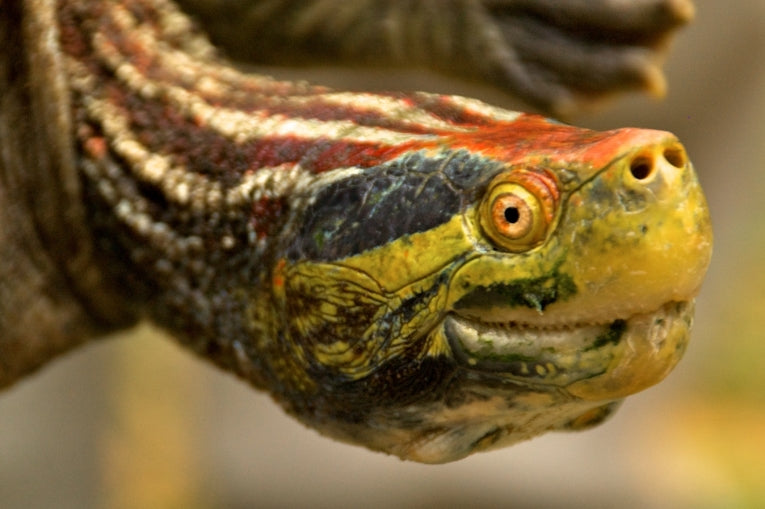A top conservation body is promising it will keep rare turtles safe by pooling all its resources to help save rare turtles. The Wildlife Conservation Society (WCS) says it is taking direct responsibility to protect around a dozen of the world's most endangered turtles and tortoises.
It has just launched a new strategy using aquarium and zoo breeding programmes, on-site conservation and global expertise.
Vice President of WCS Species Conservation, Dr. Elizabeth Bennett, says, "Only by garnering the vast knowledge and resources from across the whole of WCS can we successfully address the threats to the world's endangered turtles. WCS's long history and current broad and deep expertise position us to rise to this challenge, and to conserve the threatened species across this ancient, diverse, and fascinating lineage."
WCS plans to breed some species and reintroduce them to the wild, set up groups of animals in captivity to maintain genetic diversity and protect those already in natural habitats. The work will involve at least half of rare freshwater turtle and tortoise species listed as the most endangered in a previous WCS report.
Those species being helped include the Burmese starred tortoise (Geochelone platynota) and Burmese roofed turtle (Batagur trivittata), the Central American river turtle (Dermatemys mawii) and the Southern River terrapin (Batagur affinis). The focus will be on cutting the numbers of turtles caught and reducing death by drowning after being caught in fishing nets.

Burmese star tortoise; Credit: WCS
Other turtle species will be placed in zoo breeding programs within the U.S. in America. Babies will be quarantined at WCS's Bronx Zoo and, when ready, taken to holding areas in their native habitat, ready for reintroduction.
Colonies will be created WCS's zoos and aquarium in New York, plus partner establishments including the Turtle Survival Alliance, Wildlife Reserves Singapore, the Asian Turtle Program and the Turtle Conservancy.
Captive breeding programs in outdoor enclosures away from the public will also be established for endangered species that are native to New York State. These include the spotted turtle (Cyclemys gutatta), wood turtle (Glyptemys insculpta) and Eastern box turtle (Carolina terrapene).
To ensure threats to turtle populations are minimised, the WCs aims to work with affected governments in China, Columbia, Ecuador, Vietnam, Myanmar, Indonesia, Cambodia and Guatemala.

Northern river terrapin; Credit: WCS
At least half of the world's 330 freshwater turtle species are in danger of extinction from illegal trading and loss of habitat.
Much of the demand comes from China, which uses the turtles for food, medicine and pets.
WCS Executive Vice President and Bronx Zoo Director, Jim Breheny, says the turtle programme reflects WCS' aim of saving animals from extinction.
The WCS Chief Veterinarian, Dr. Paul Calle, says his staff will make sure the turtles are healthy and will not endanger wild populations when they return.
WCS aims to save wildlife and wild places worldwide For more details, see the WCS website.










